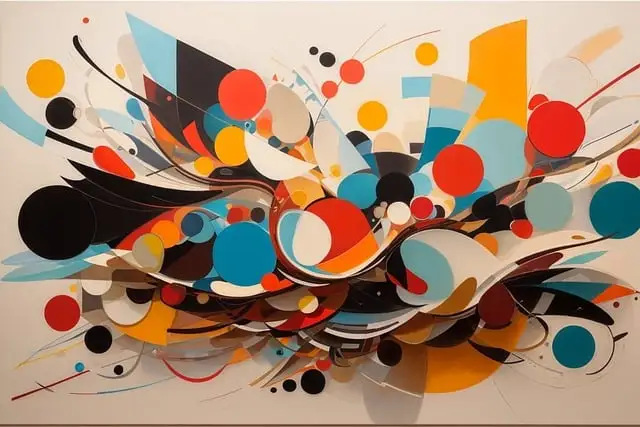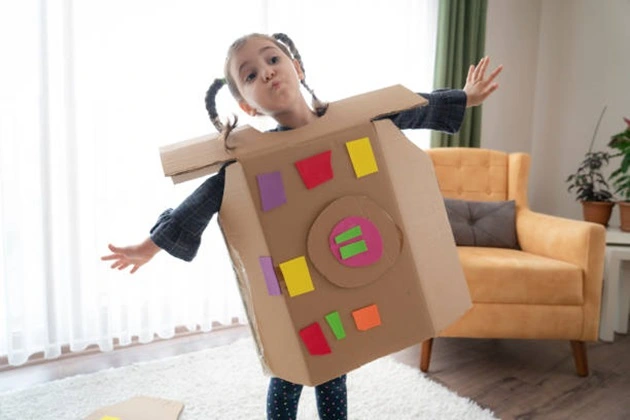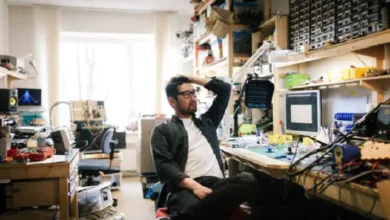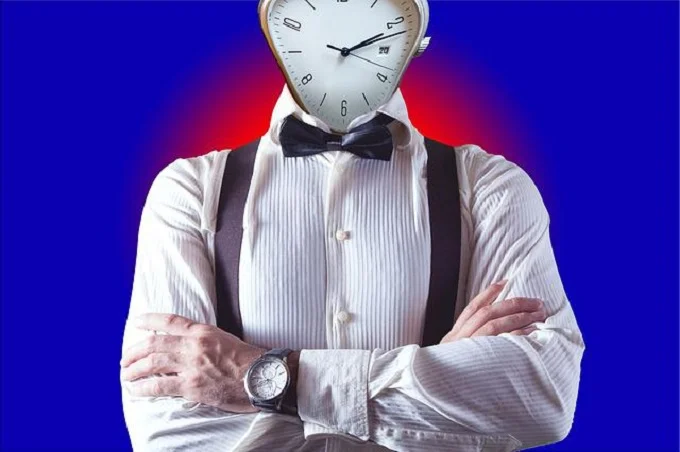The benefits of increasing creativity

Regular psychological and sociological research supports the idea that engaging in creative endeavors improves mental health. Some specialists have described it as a greater passion for life. It encourages personal development and teaches you to accomplish objectives and overcome even the most difficult roadblocks.
Within this framework, creativity encompasses various activities, from traditional hobbies like painting or composition to event planning and gardening. Everything that calls for some creativity at all involves creativity.
When creativity dies

Almost all children are creative. They build fortresses out of constructors or sand castles, imagining how they defend themselves from hordes of monsters. Their imagination creates aliens from other worlds, mythical creatures, and incredible hybrids of famous animals. Children love to play, seeing other unique worlds with special rules beyond reality.
Creativity is a common habit at a certain period of life. However, as we grow up, we learn to think logically. One of the first disappointments is the fake Santa Claus. However, the monsters waiting in the dark and under the bed disappear with him.
Gradually, there is a complete reorientation towards reality. By graduation, we already know how the world works; we no longer believe in miracles. From that moment on, the imagination begins to starve. Sometimes, feeding him with movies, games, and trips to unusual places is possible.
But these are all external factors — the inner creator retreats into the very depths of consciousness. Sir Ken Robinson, a professor knighted for services to education in the Art Department at the University of Warwick, believes that the modern education system is focused on labor production. Conformity is given priority, and creativity is instead condemned. By the end of higher education, the former student perceives creativity as a distant memory that does not relate to adulthood.
What is helpful for creativity?

Being creative brings positive emotions, which cannot be too much. Most people regularly experience a lack of them. This is expressed in increased anxiety and indifference to the next day. After all, it will take place in the same way as the previous one.
The whole life will consist of such days. Creativity can cause a “positive effect”. In this state, a person experiences something between joy and happiness. An optimistic attitude fuels self-esteem. A surge of strength allows you to achieve your goals.
Creativity is the best way of self—expression and, at the same time, an impenetrable shield that protects the owner from any external lousy weather. Creativity can replace people, captivating them more than the most lively conversation or loud party.
This is useful if a loss or a once-loved one has become unbearable, and it’s time to break the connection. Thus, creativity contributes to preserving personal dignity and makes a person more independent and self-sufficient.
How to become more creative

The following day is indifferent to the effects of a nutritious food. An athlete spends years honing his craft in the training room before emerging victorious from a competition. The same applies to creativity. On the one hand, anyone can access it.
However, we all possess varying free time, energy, and discipline. The rate at which knowledge is mastered is also influenced by intellectual traits. Nonetheless, consistent practice frequently proves to be more effective than natural aptitude. You can attempt, but you probably won’t be able to write a novel from start to finish.
However, the plot will likely be disjointed, and the characters will become boring. However, telling the tale as a fairy tale will be much simpler for you. Next, you can talk about the made-up world and translate it onto a real-world object, like a canvas or a page from a book. It’s critical to get going and create the initial sketches.
Don’t be afraid to seem stupid or childish. If this is a big problem, keep your hobby a secret. Please only rely on the opinions of others if they are professionals in some field of art. Focus on just one question: do you like doing this? If the answer is no, go the other way.
It would help if you didn’t wait, because you won’t like it anymore and won’t get any pleasure from such creativity. Be inspired by other people’s results. In the beginning, try to repeat it — it’s not shameful. On the contrary, this is how you learn, recognizing the lack of knowledge and skills. Later, someone will learn from your work. Of course, if you don’t give up the creative part of life.




